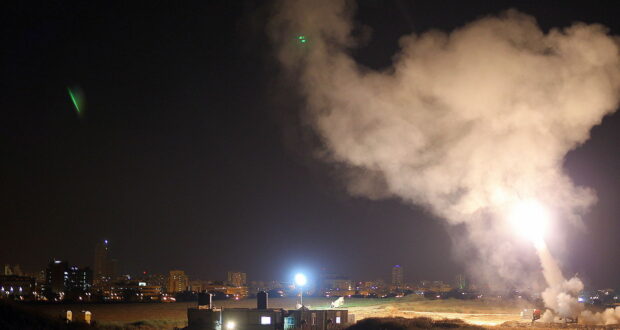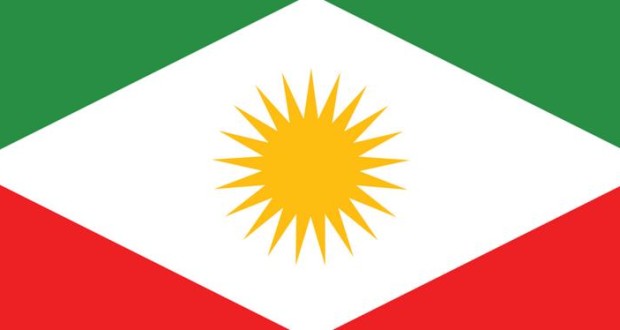Today is the ‘International Day for the Remembrance of the Slave Trade and Its Abolition’. This week the international society remembers the slave trade and its abolition. However, with an estimated 20-30 million victims subject to modern-slavery, this crime is still all too present in our societies.
Read More »
 Human Security Centre Human Rights and International Security Research
Human Security Centre Human Rights and International Security Research






